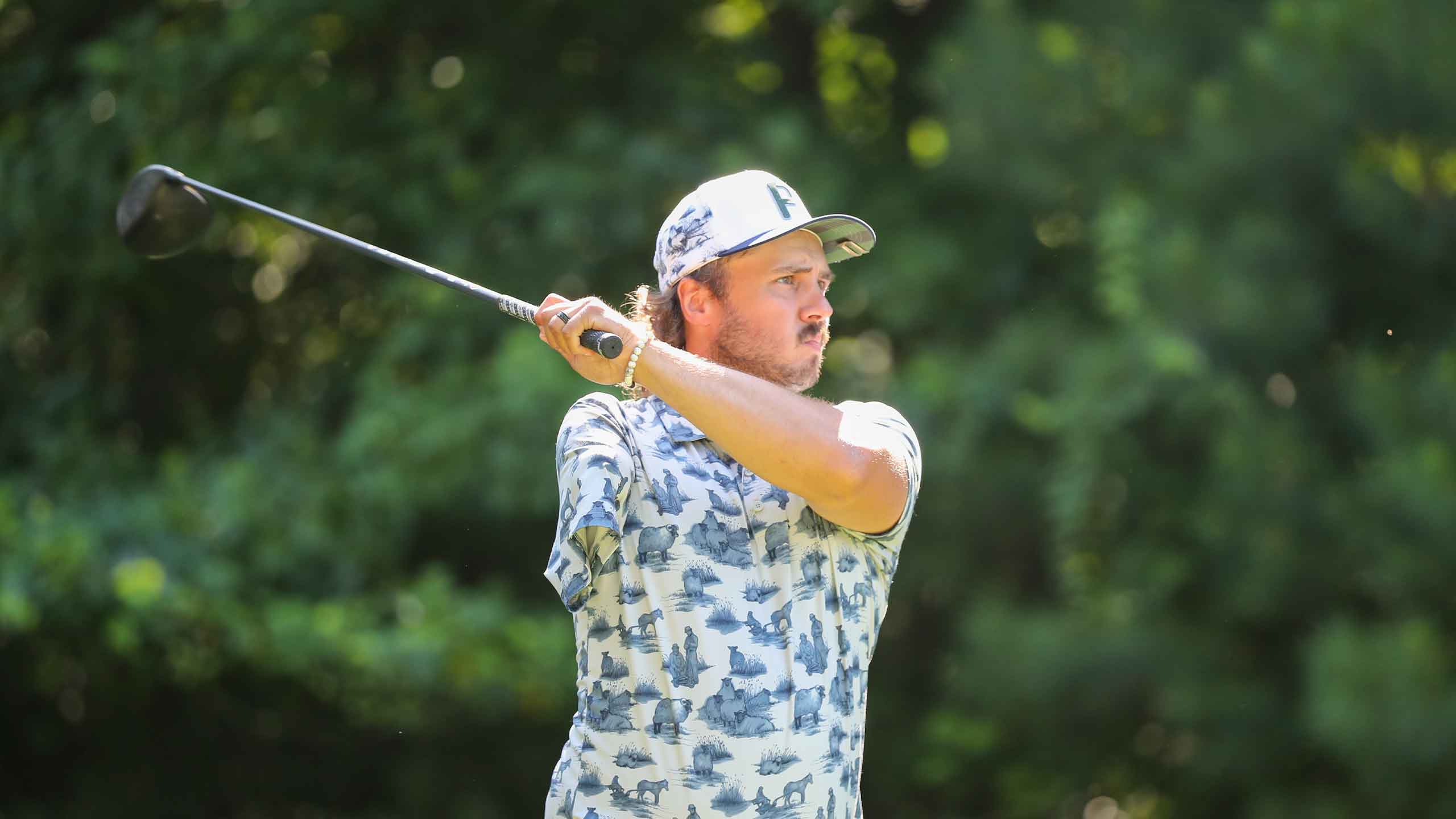If you have been paying attention to the competitive golf landscape in recent days, you may have noticed contrasting storylines.
On one hand, you had Henrik Stenson being stripped of his European Ryder Cup captaincy after he elected to join an upstart golf league for huge sums of money. L’Affaire Stenson was the latest shockwave in a tumultuous stretch in the pro game brought on by the seemingly endlessly deep pockets of LIV Golf.
On the other hand, you had the inaugural U.S Adaptive Open, which was conducted by the USGA at Pinehurst No. 6 with the sole purpose of giving those with physical, visual and mental impairments the opportunity to compete on one of golf’s greatest stages. The stakes: pride, which, of course, every player in the field went home with.
What a striking contrast.
If you look at the game of golf as a whole, though, it has a far deeper connection to the developments in Pinehurst than any 54-hole event where every player is guaranteed a paycheck.
Golf offers a level playing field for anyone who chooses to take up the challenge of testing their skills against the course and the elements. For amateurs, these challenges play out thousands of times a day at pricey private clubs and local munis alike, but always with the same goal: to get the ball in the hole in the fewest number of strokes possible.
A golf ball doesn’t care whether you walk, ride or use a prosthetic to swing a club; the dimpled orb responds only to the physics of a clubface guiding it toward the target. Humans, meanwhile, are driven by any number of motives, including passion, competition, recognition, power and greed.
The U.S. Adaptive Open convened 96 golfers from 11 different nations, each one bringing his or her own unique story to the event. The competitors were separated by age, abilities and disabilities, but were united by their passion for competing.
The inaugural winners were Simon Lee, an autistic 25-year-old professional from South Korea, and Kim Moore, 41, who was born with no right foot and a clubbed left foot. Their disabilities differed but both were driven by feeling the satisfaction of being the best at their respective skill at a moment in time. Both were also chasing history.
In contrast, we saw a former major-championship winner abandon his own chance at making history — in a revered post to which he was appointed by his peers — in the name of money and self-satisfaction.
As a golfer who competes only against myself, the course and occasionally against my friends for bragging rights and a few bucks, I know which story resonated with me.
